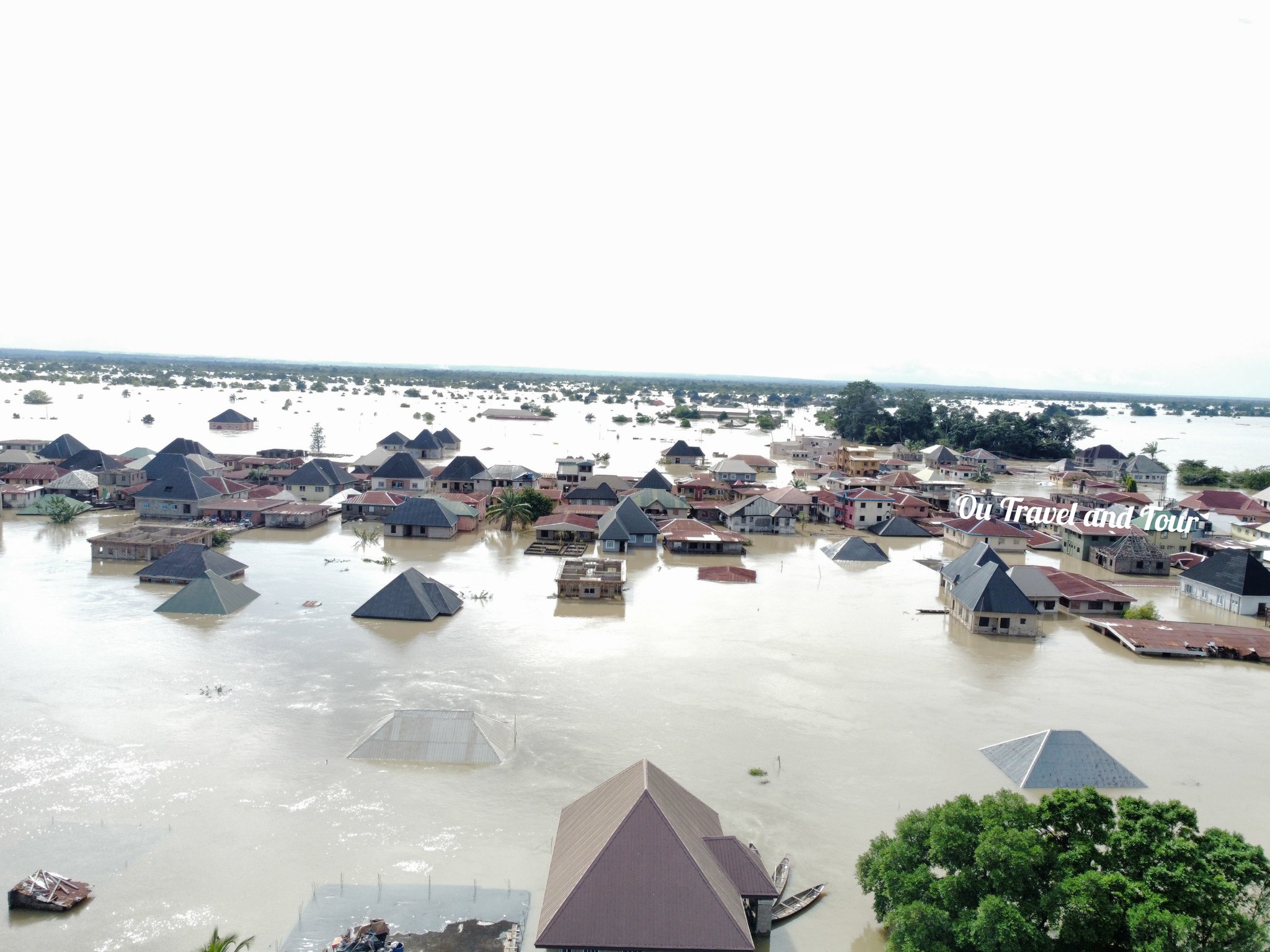By Chioma Obinagwam
The rains are here with its attendant effects—floods.
According to Wikipedia, a free content online encyclopaedia, a flood is an overflow of water that submerges land that is usually dry. In the sense of “flowing water”, the word may also be applied to the inflow of the tide.
Sadly, a flood is natural disaster, which implies that it is beyond human control. However, there are ways to stay safe even when it seems insurmountable.
How do you protect yourself and loved ones from the adverse effects of flood?
Confiance News visited the X handle of Pharm. Greatman, a pharmacist who shared safety tips on how to survive a flood.
Pharm Greatman said:
“So it’s flooding again. Floods are not just about water; they can pose serious risks. Here’s how you can stay safe and informed, and how to avoid some of these risks.”
A flood guideline you can use:
• Monitor weather reports and alerts from local authorities. Keep your phone charged and have backup batteries.
Sign up for emergency notifications to receive timely updates. Or just stay on X.
• Familiarize yourself with evacuation routes and shelters around your area.
• Raise electrical appliances above ground. Use sandbags to block water from entering.
• Make a Family Plan and ensure every family member knows the emergency plan, where to go and when.
• Move valuable items to higher levels in your home. Secure outdoor furniture and other items that could be swept away.
• Avoid walking or driving through floodwaters. Just 6 inches of moving water can knock you down, and 1 foot can sweep your vehicle away.
• If you get trapped, move to higher ground or the roof if water levels rise inside your home. Signal for help using a flashlight or bright cloth.
• Floodwater can be contaminated with sewage, chemicals, and debris. Wear protective clothing if you need to come in contact with it.
Health matters
• Floodwaters can carry harmful bacteria, viruses, and parasites, leading to diseases like cholera, hepatitis A, and leptospirosis.
• Floods can contaminate drinking water sources with sewage, chemicals, and other pollutants.
• It can lead to mold in homes and buildings. Mold exposure can cause breathing issues, especially for those with asthma or allergies
• Stagnant water from floods creates breeding grounds for mosquitoes.
• Flood conditions increase the risk of injuries from debris, slips, and falls. Be cautious.
• The stress and trauma from flood disasters can affect mental health. Seek support and talk about your experiences with someone.
• Help is needed from the government and local agencies to strengthen community resilience.
• Follow guidelines and advice from local agencies to protect yourself and your family.














Leave a comment